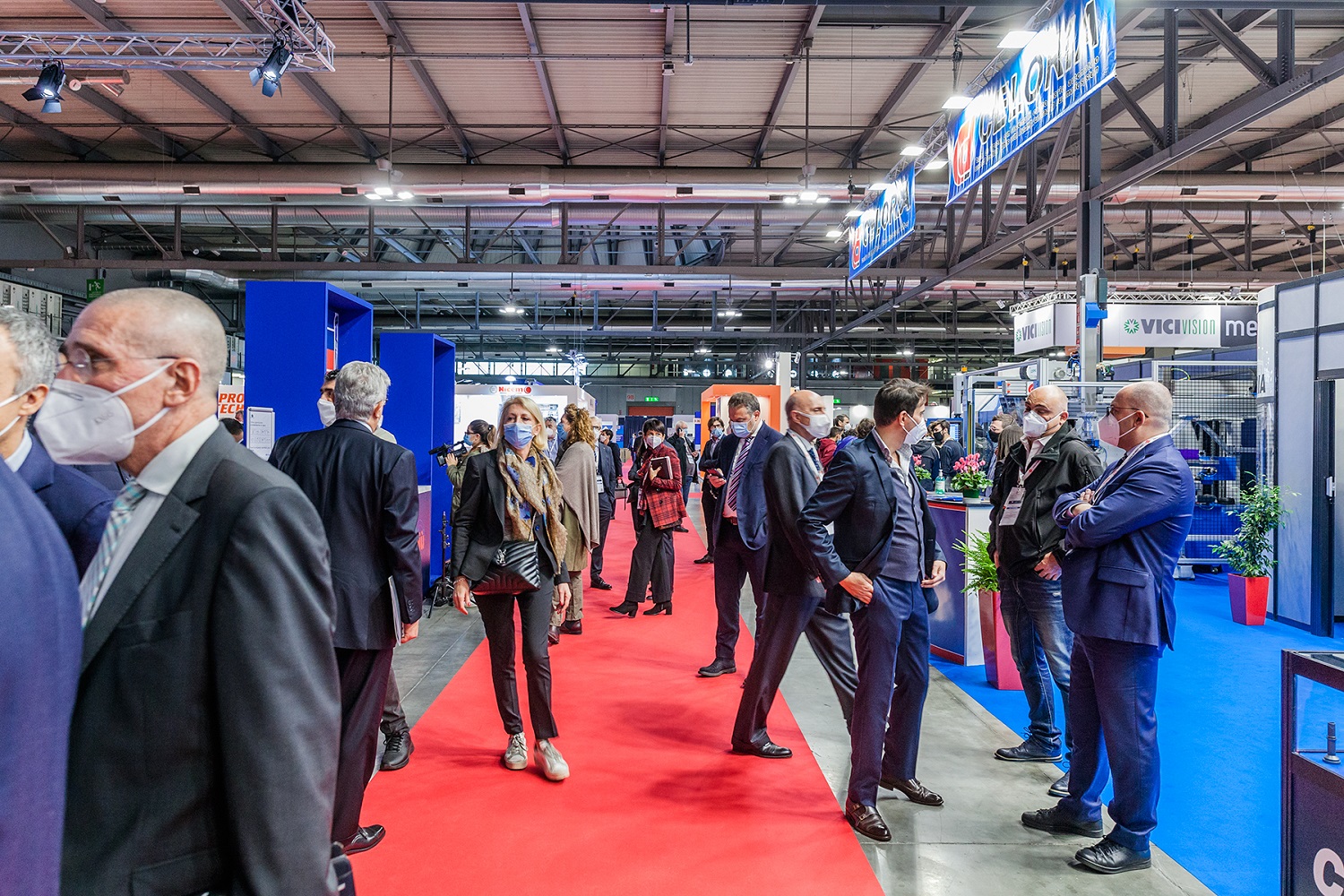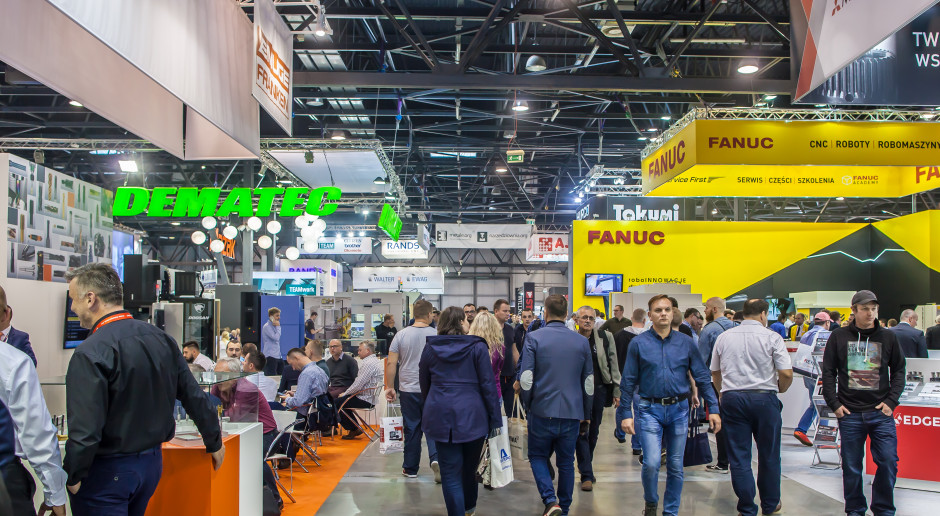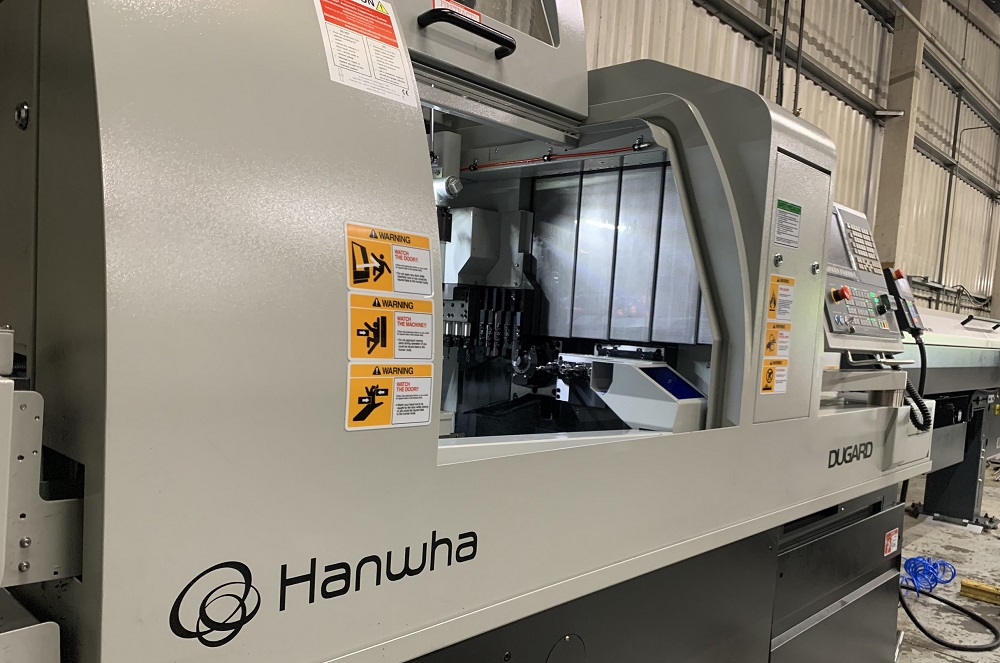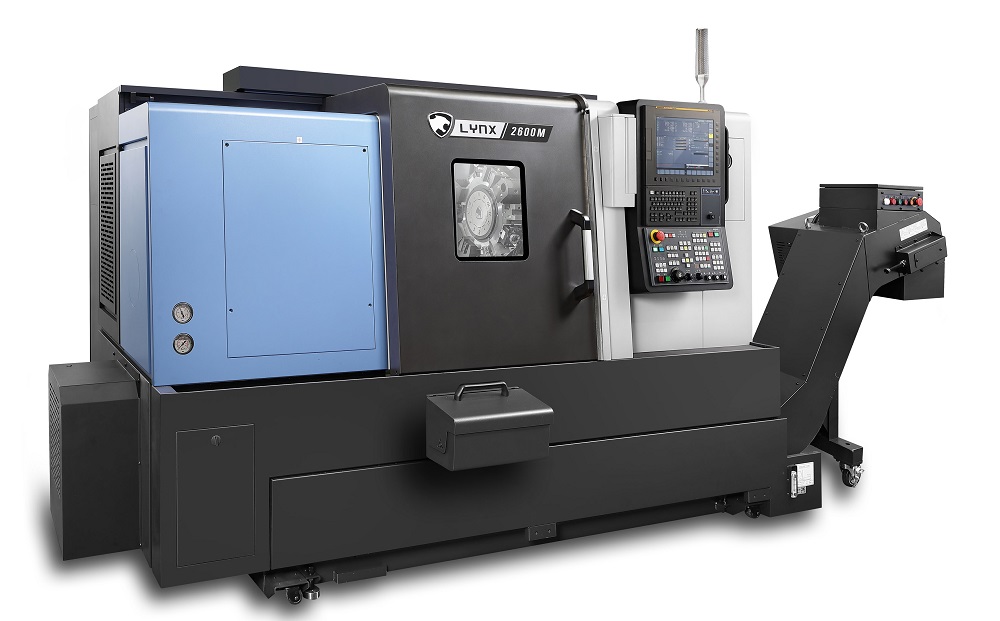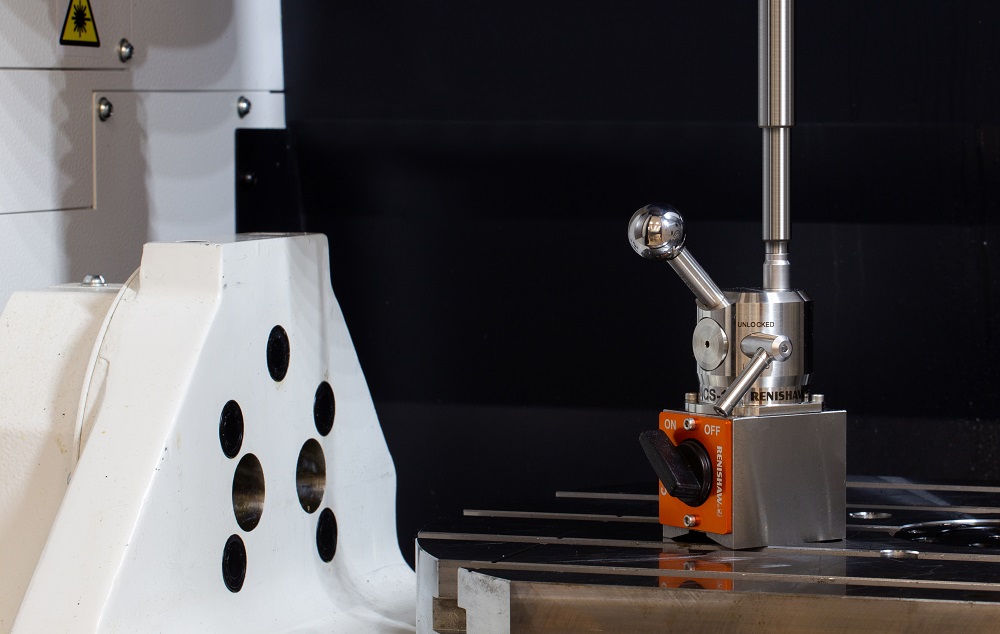On 12-15 October 2022, Fiera Milano will host the 33rd edition of BI-MU, the most important Italian exhibition dedicated to metal cutting, metal forming, additive manufacturing, tools, robots, digital manufacturing, automation systems and subcontracting. The show will take place exactly one year after EMO Milano, the sector’s world trade show, which achieved resounding success.
Following on from this outcome, companies attending BI-MU will find a very dynamic and receptive Italian market, in some way thanks to government incentives that will remain in place until at least the end of 2022. A willingness to invest in new production technologies and the need to renew industrial plants, which increasingly require state-of-the-art systems and machines: these are the reasons that will ensure BI-MU attracts a wide spread of visitors from all major sectors.
For further information www.bimu.it






